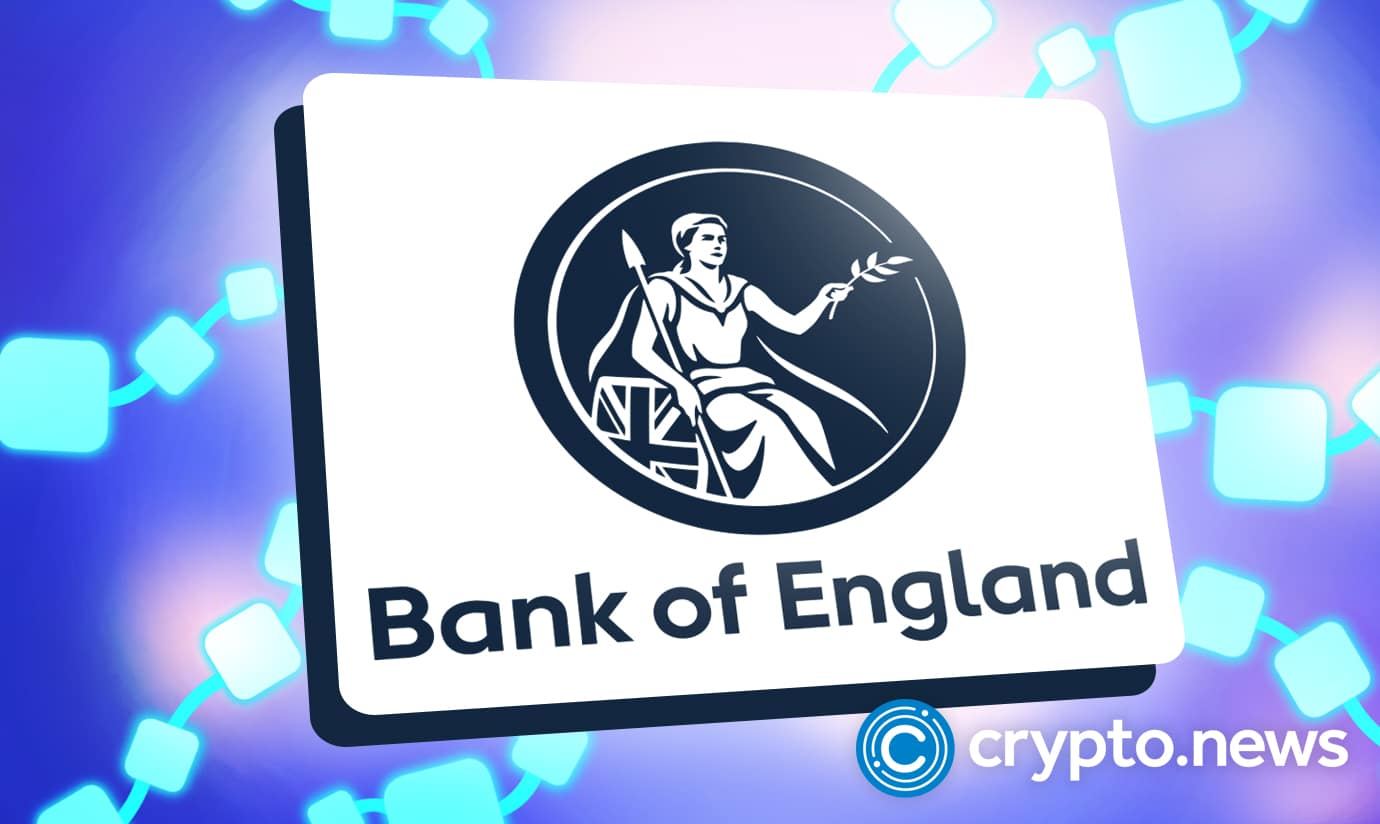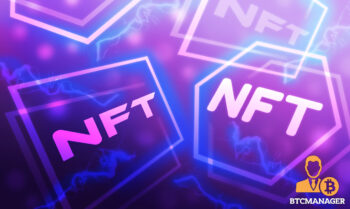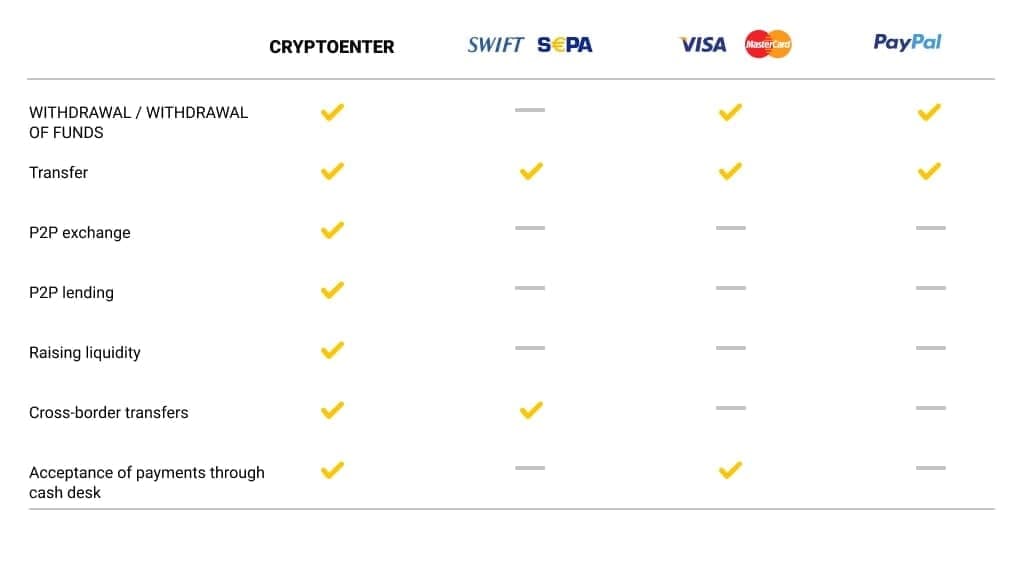2019-5-24 23:54 |
Blockchain is best known for its ability to support cryptocurrencies and dapps, but the number of blockchain applications continues to increase as the technology becomes more advanced. At the same time, the user base is also evolving. Governments are beginning to not only test out the capabilities of blockchain technology but also use this technology for improving governance in the real world. Here are a few examples of current applications for blockchain in the public sector.
Data SecurityHacks of government databases have become commonplace in recent years. Even with the advanced security features in place, older database technologies can’t compare to the security level of blockchains. Despite the continued possibility of database hacks, agencies within the public sector are generally optimistic about the potential for blockchain-based storage of sensitive data.
When thinking about data security, it’s easy to see that governments around the globe are willing to invest in technologies to protect data in the defense industry. However, the public sector is also making efforts to protect data related to citizens and government employees. In September 2017, the US Department of Homeland Security (DHS) Science and Technology Directorate (S&T) awarded a contract of $749,241 from the Small Business Innovation Program (SBIR) to develop blockchain-based identity and access management solutions to a software company called Digital Bazaar Inc.
Accountability and TrustCitizens have been calling for more transparency from governments for centuries. However, this goal has been difficult to achieve for a number of reasons. While a lot of this lack of accountability can be caused by systemic issues, technical challenges also play a big role. By using blockchain for recordkeeping, multiple parties can securely hold copies of a ledger, increasing trust and accountability.
The national governments of Sweden, Estonia, and Georgia have all successfully launched blockchain land registries. Looking specifically at Georgia, the nation signed a memorandum of understanding with BitFury in April 2016. One of the earliest examples of public sector blockchain adoption, this move created a more efficient system for registering new land titles, property demolitions, mortgages, purchases/ sales of land titles, rentals, and notary services. With only 25 percent of the country’s land officially registered, there is a major demand to implement a blockchain solution that can streamline Georgia’s property record management.
Diagram showing how Georgia’s national land registry blockchain works
Reducing Costs and Waiting TimesAs national debts continue to rise, the public sector must think of ways to cut expenses. Implementing a blockchain solution can help save on database and cybersecurity costs. As one example, governments constantly have issues with unreconciled funds. This occurs whenever a person or system doesn’t check off a transaction during the reconciliation process. Many governments have inefficient budget recordkeeping, which results in higher expenses. In contrast, using blockchain as an internal accounting system can ensure far greater efficiency in budget management.
General Services Administration, an independent agency of the United States government, has been experimenting with blockchain to track contracts. Jose Arrieta, director of contract operations for the agency’s Schedule 70 IT program, has said that blockchain could allow industry vendors to only input information once instead of logging into multiple systems. Arrieta believes that blockchain will lower the direct costs of analyzing a proposal by close to 80 percent. The goal of GSA is to reduce the onboarding time for scheduled contractors. As of 2018, onboarding takes 110 days through the normal process and 40 days through the fast-lane process. Blockchain aims to bring this down to less than ten days.
In November 2018, GSA expanded its blockchain pilot program.
Public-Private PartnershipsWhile there are many rivalries between various cryptocurrencies, the overall blockchain space is more collaborative than competitive. We have already seen this with many private corporations considering launching applications on public blockchains like Ethereum. For governments, public-private partnerships are another type of collaboration that has begun to yield significant results.
Such partnerships are a significant part of China’s implementation of blockchain for public sector applications. For example, Alibaba is working with the city of Changzhou to secure healthcare data on a blockchain. Together with Tencent, the China Federation of Logistics & Purchasing is building a blockchain-based logistics platform. As of mid-2019, China carries out most public sector blockchain policy at the local level. Cities like Shanghai, Shanxi, Henan, Guangzhou, Guiyang, and Hangzhou have all started programs to encourage blockchain development. Xiongan New Area, located in Hebei Province, is a new development area being built as a blockchain innovation hub.
Budget Outlook for Blockchain Applications in the US Public SectorThe above-mentioned examples show that blockchain technology is quickly emerging from a government experiment to a core technical component of increasing operational efficiency. Just as with the private sector, it’s important to understand budget allocations to get a true perspective on the importance of blockchain. For many governments, budget allocations for a specific technology might not be available. However, there is one report that shows public sector funding for blockchain development is on the rise.
On April 18, 2019, IDC Government Insights published a report that states the US government is expected to spend $123.5 million on blockchain technology by 2022. This marks an increase of over 10x compared to the $10.7 million spent in 2017. The report projects that funding for blockchain technology at the state and local governments will grow from $4.4 million in 2017 to $48.2 million in 2022. Similar to federal funding, this is almost a 10x increase in a five-year timespan.
It’s important to note that these are estimates, so the final allocation amounts could end up being much different. Looking at the overall technology spending at the federal level, The proposed amounts for blockchain are still quite low. For example, one report estimates that $87.2 billion will go towards federal government information technology (IT) expenditures in 2020. Still, the fact that funding for blockchain projects is quickly accelerating shows the technology’s growing relevance in the public sector.
ConclusionPublic sector blockchain applications are already having a positive impact around the world. Governments at various levels (local, provincial, national) are realizing the benefits of this technology. Still, many of these applications remain in the test phase or as of mid-2019. With increased interest and investments in blockchain; however, the significance of blockchain in the public sector will only increase in the coming years.
The post Blockchain in the Public Sector: Where’s the Impact? appeared first on CoinCentral.
origin »Bitcoin price in Telegram @btc_price_every_hour
High Performance Blockchain (HPB) на Currencies.ru
|
|























